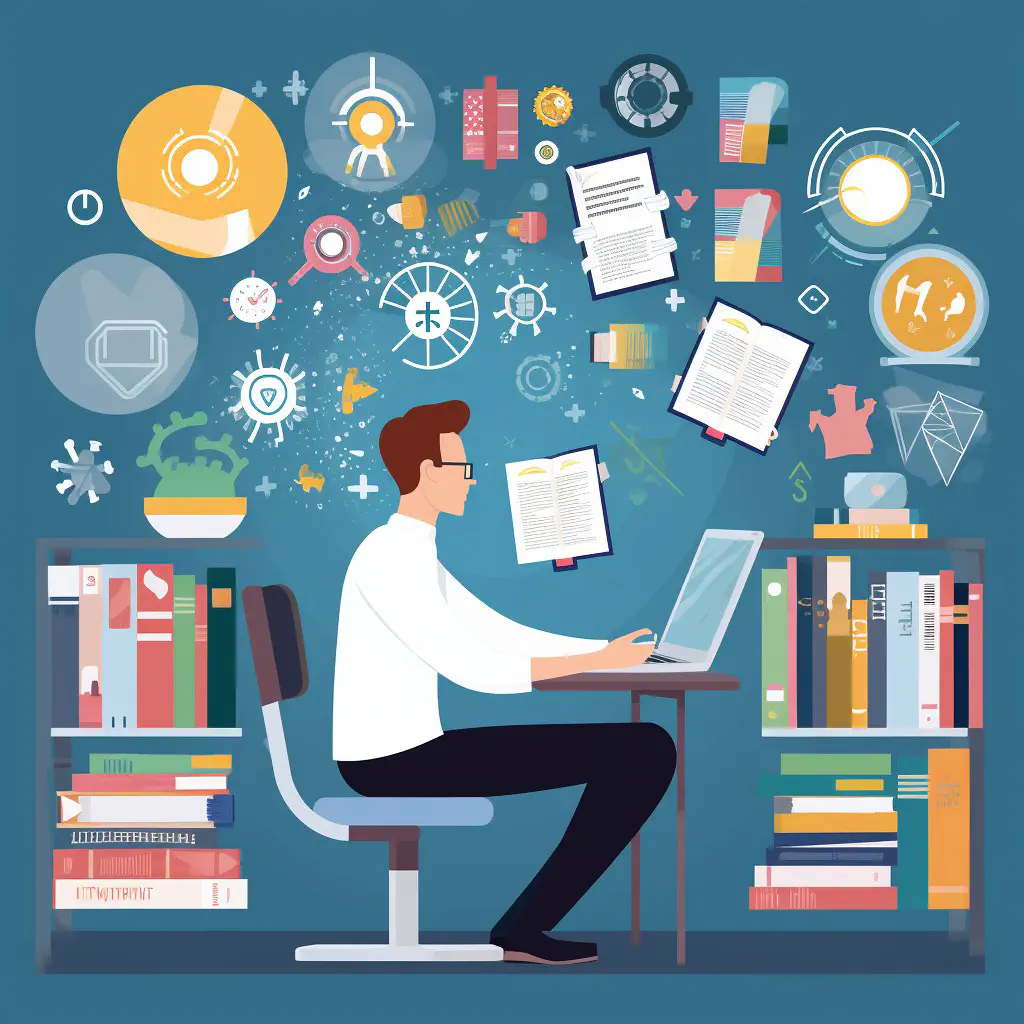
In the digital age, we are constantly inundated with information from various sources. This information overload makes it challenging to discern fact from fiction, identify credible sources, and make well-informed decisions. Information literacy, the ability to locate, evaluate, and use information effectively, is a critical skill for personal and professional growth. In this article, we will discuss the importance of information literacy and share strategies for developing this essential skill.
The Significance of Information Literacy
Information literacy empowers individuals to navigate the complex information landscape and make informed decisions. The benefits of developing information literacy include:
- Enhanced critical thinking: Information literacy promotes critical thinking by encouraging individuals to evaluate sources, analyze data, and synthesize information.
- Informed decision-making: Being able to distinguish between credible and unreliable sources enables individuals to make well-informed decisions based on accurate information.
- Lifelong learning: Information literacy fosters a mindset of continuous learning and curiosity, as individuals are equipped to explore new topics and expand their knowledge base.
- Digital citizenship: Developing information literacy skills promotes responsible digital citizenship by encouraging individuals to engage with information ethically and share it responsibly.
Strategies for Developing Information Literacy
- Evaluate the credibility of sources: Assess the reliability and trustworthiness of information sources by considering factors such as the author’s credentials, the publication date, and the source’s reputation.
- Distinguish between fact and opinion: Learn to differentiate between objective facts and subjective opinions. Be aware of potential biases in the presentation of information and consider multiple perspectives.
- Develop critical thinking skills: Cultivate critical thinking abilities by questioning assumptions, analyzing arguments, and synthesizing information from diverse sources.
- Stay current with information literacy resources: Stay informed about the latest resources and tools available to support information literacy. This can include online tutorials, workshops, and professional development opportunities.
- Practice information literacy in everyday life: Apply information literacy skills in your personal and professional life by seeking out reliable sources, evaluating information, and making informed decisions.
In conclusion, information literacy is an essential skill for personal and professional growth in our increasingly interconnected world. By developing the ability to locate, evaluate, and use information effectively, we can enhance our critical thinking, decision-making, and lifelong learning abilities. Invest in your information literacy skills to unlock your potential and thrive in the age of information overload.

